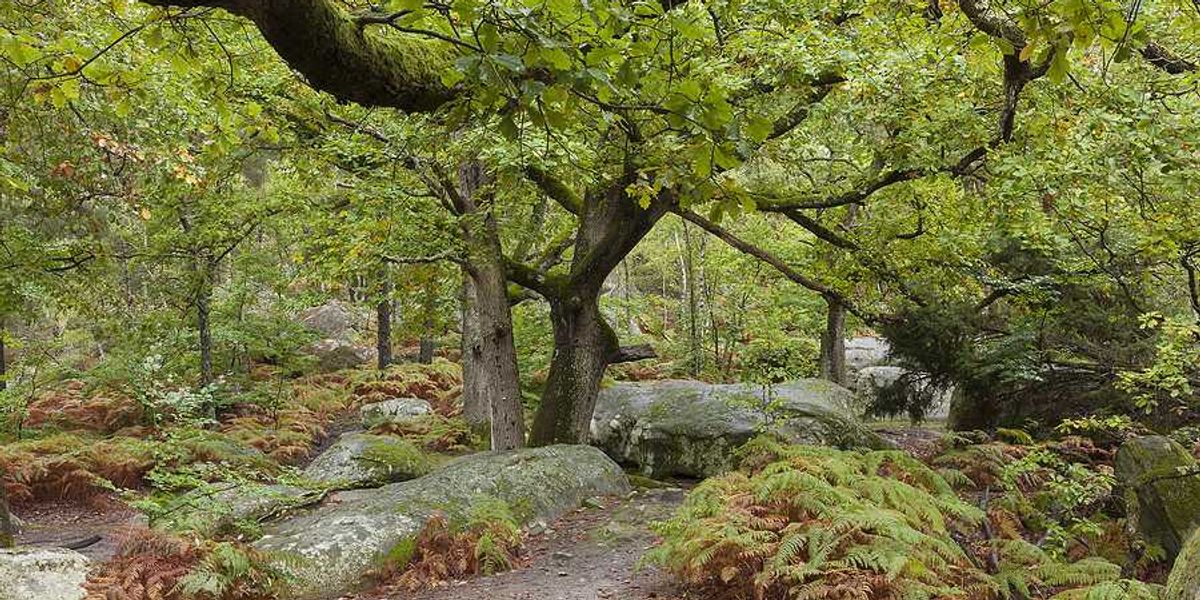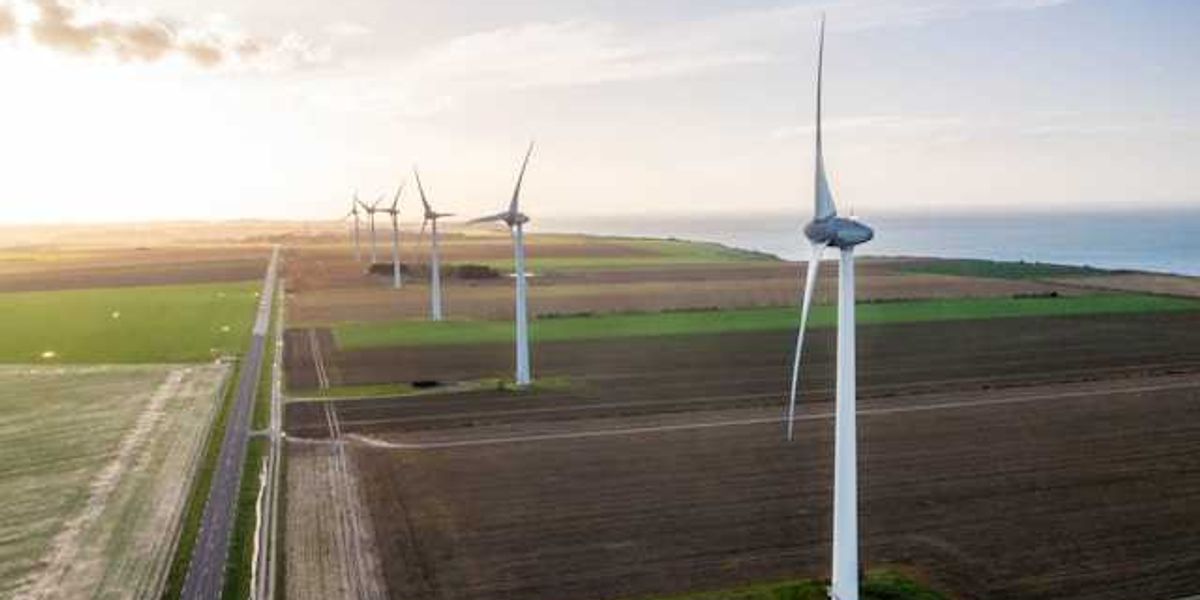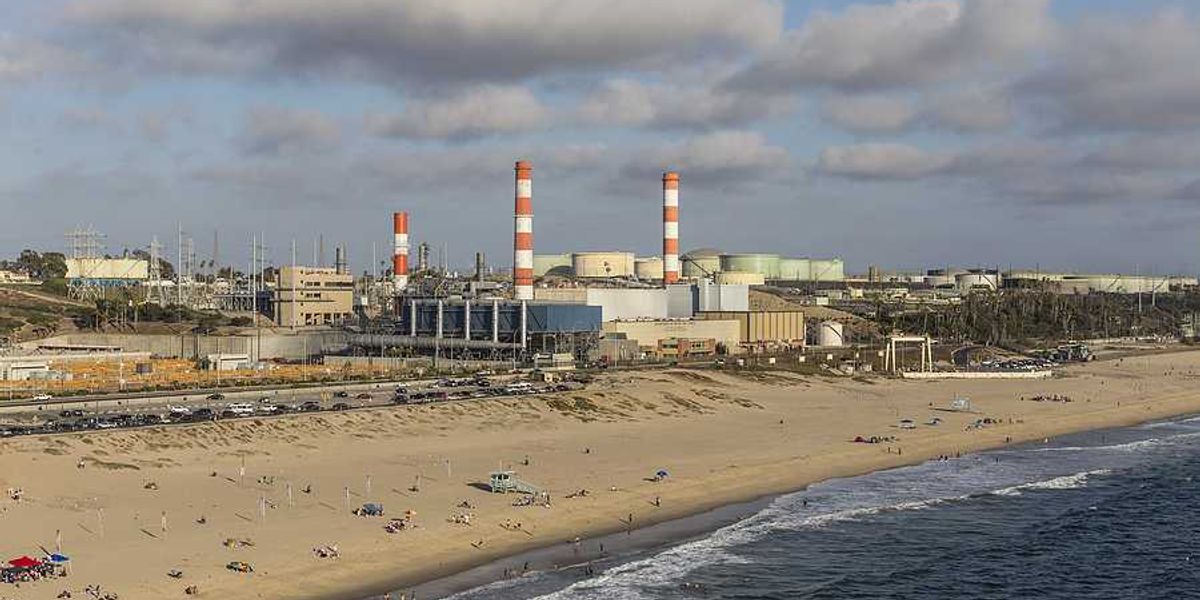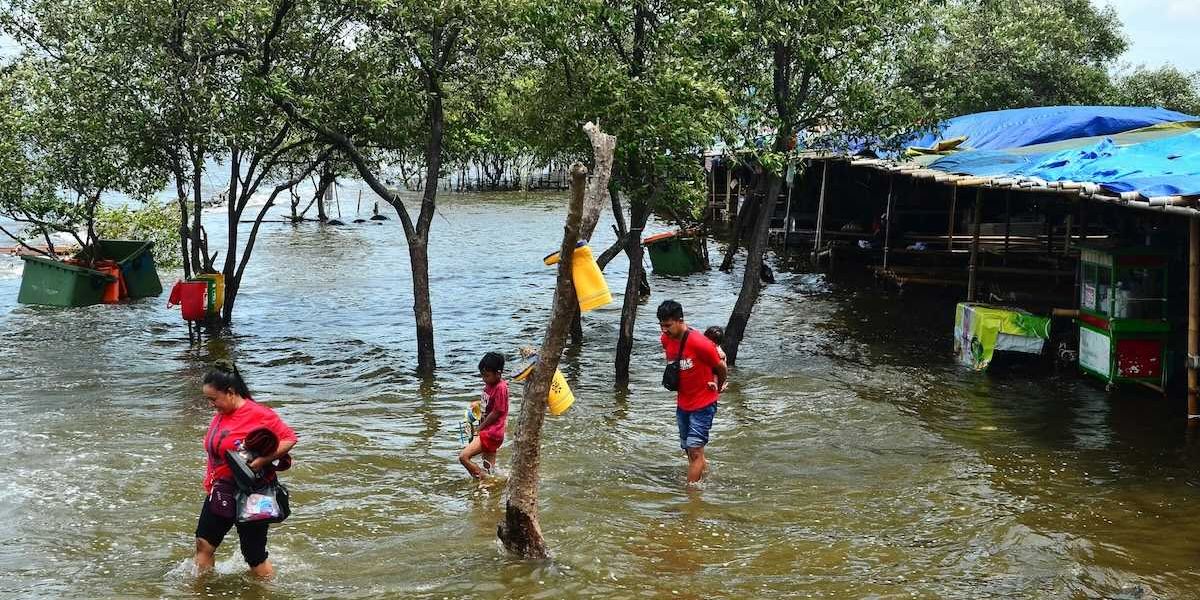14 June 2024
NASA mission aims to freeze glaciers in place to prevent catastrophic sea-level rise
NASA's $1.5 billion NISAR satellite, launching soon, will monitor Earth's glaciers and could support interventions to halt their disintegration, crucial for coastal regions.
Ross Andersen reports for The Atlantic.
In short:
- The NISAR satellite, a collaboration between NASA and the Indian Space Research Organisation, will provide detailed images of the cryosphere every 12 days.
- Glaciologists are exploring technological interventions, such as freezing glaciers in place, to slow down ice loss and mitigate sea-level rise.
- The loss of the Thwaites Glacier could significantly impact global sea levels, posing a threat to coastal cities and low-lying areas worldwide.
Key quote:
"I’m not going to be satisfied simply documenting the demise of these environments that I care about."
— Brent Minchew, glaciologist at MIT
Why this matters:
Preventing glacier disintegration is vital to avoid dramatic sea-level rise that could displace millions and cause widespread ecological and economic damage. Interventions like those proposed offer potential solutions to manage this risk proactively.













